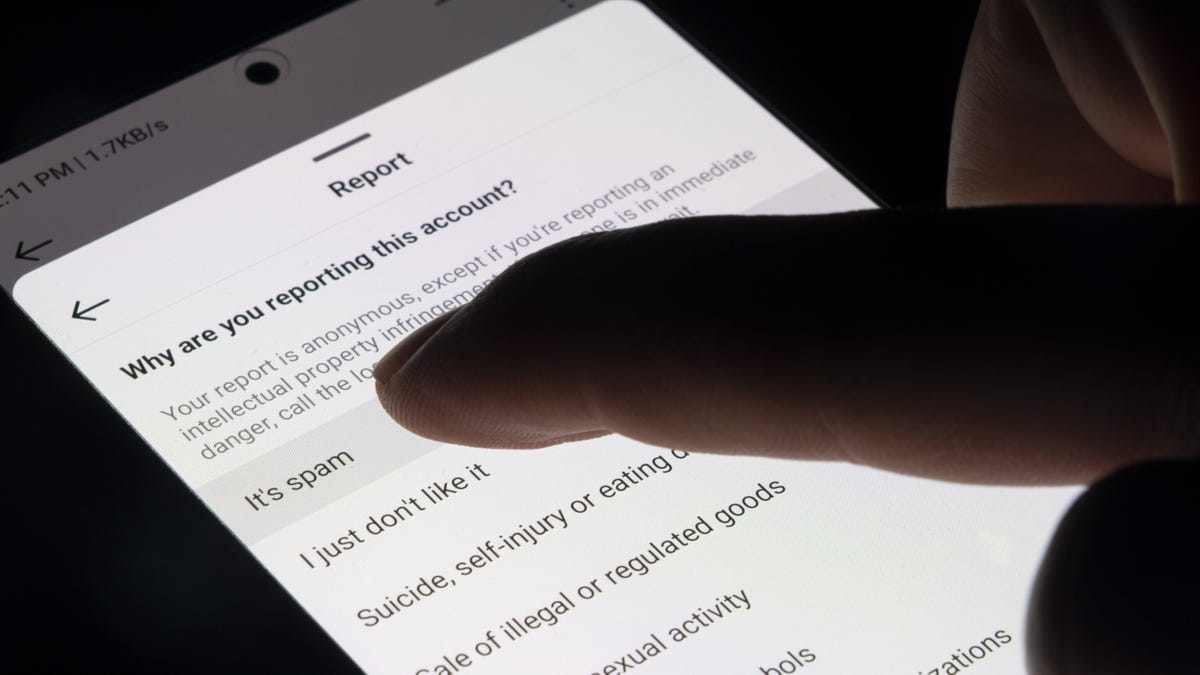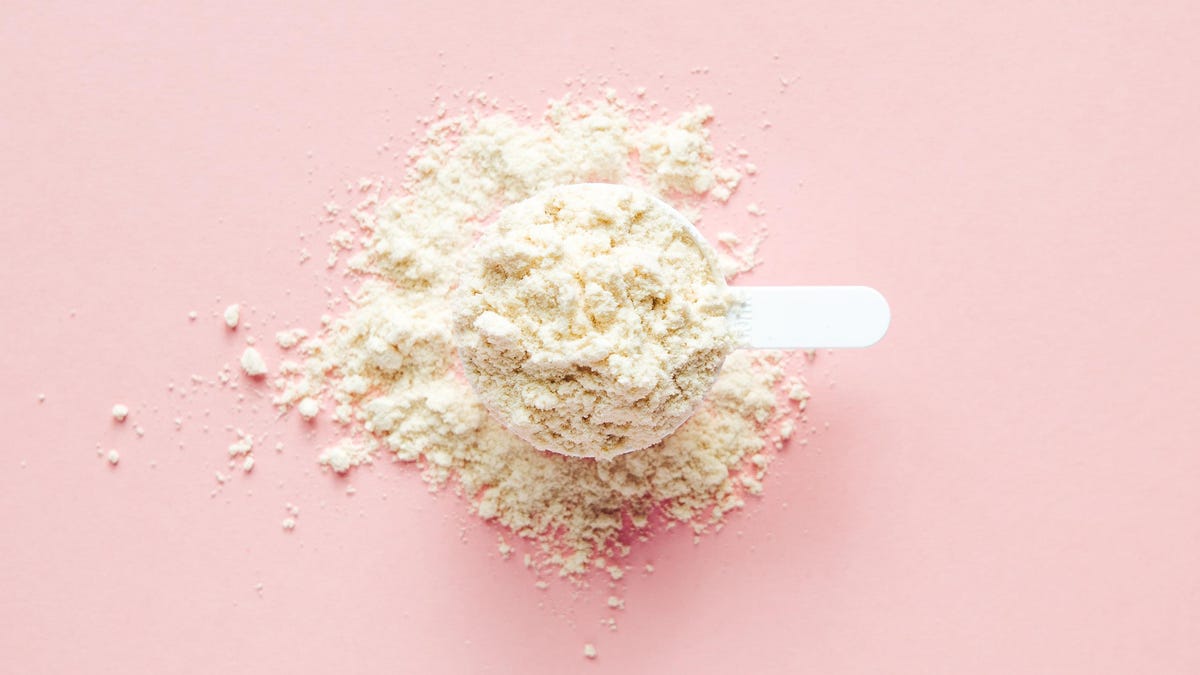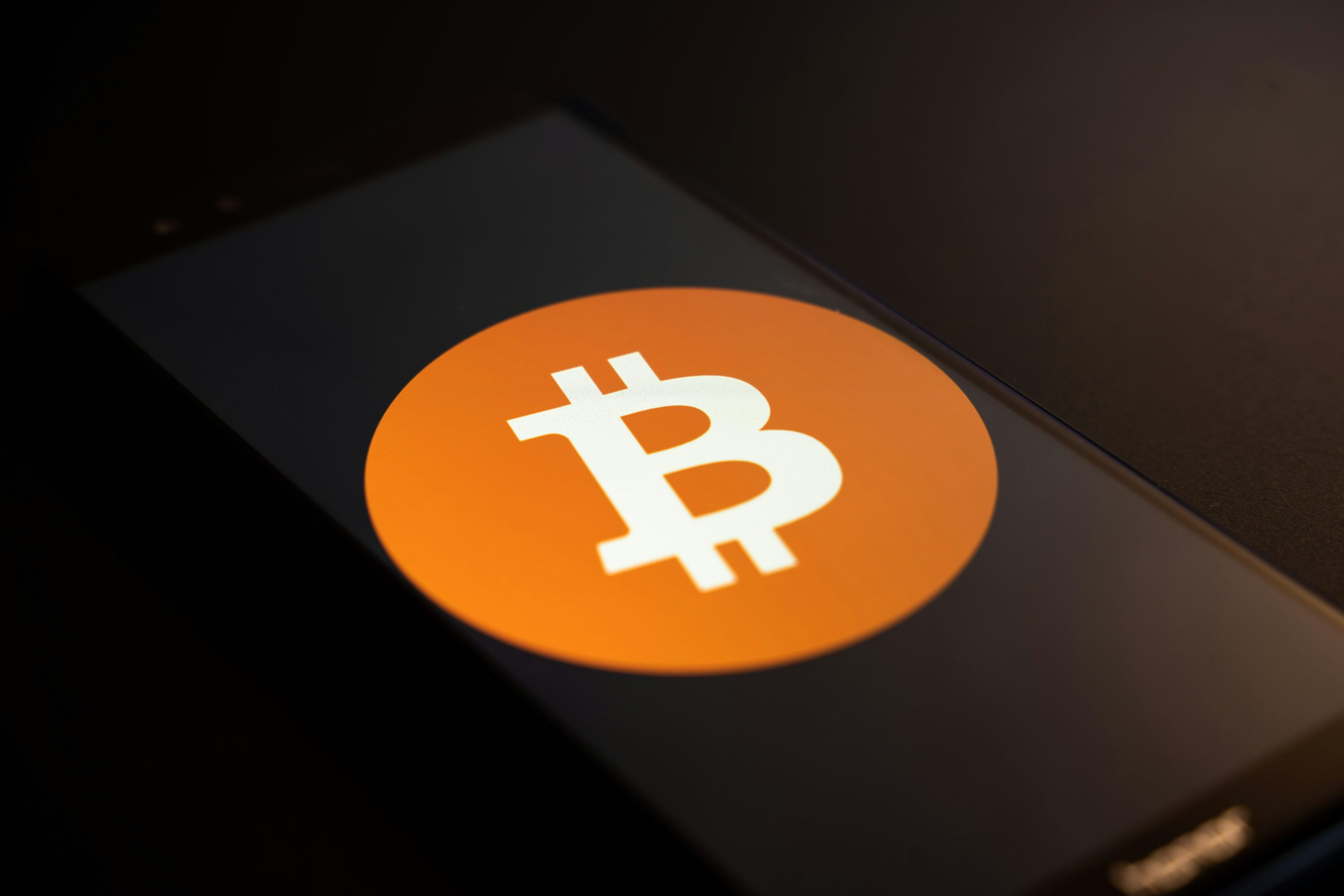How to Tell If an Instagram Account Is Fake
It’s no secret Instagram is plagued with fake accounts, bots, and impersonators. Just take a look at any comments section on any trending post and you’ll see it’s swarmed with thirst traps and crypto “moguls.” But there are far...


Photo: HakanGider (Shutterstock)
It’s no secret Instagram is plagued with fake accounts, bots, and impersonators. Just take a look at any comments section on any trending post and you’ll see it’s swarmed with thirst traps and crypto “moguls.” But there are far more elaborate fake accounts out there that have mastered the art of seeming genuine on the social network, and it can be difficult to tell whether they are real—or not, and out to scam you.
Most of these offenders offer some kind of “service” that requires you to place an order or give away sensitive information, from the more innocuous (you email address or phone number so they can add you to a spam list), to the potentially damaging (a two-factor verification code or banking information). Some of these accounts are crafted with such precision that the conventional rules of thumb—look at their profile pics, check their frequency of posts, consider their follower to following ratio, and general level of activity on the app—won’t always help you tell real from fake. Luckily, there is a better way to weed out these accounts.
Markers of a fake Instagram account
On Instagram profile, you’ll be able to tap on those three dots that open up a menu of options. Do so, and select “about this account” to look for three crucial data points that Instagram provides to you. The first is the “date joined.” Most fake accounts will be relatively new, since scammers tend to make new accounts whenever they are caught. What constitutes as “new” will depend on the context of the account and what they are promoting. But if an account is less than a year old, that’s a potential red flag.
The next important point is the “account based in” information. The video above, from Instagrammer Openigloo, shows you waht to look out for here. If you’re looking at an account for rentals in New York City but it is based in Nigeria, well. (Keep in mind that some scammers will select not to share account location in their settings, so check for that too, and be wary if anything else seems suspicious.)
G/O Media may get a commission
The last detail to check is the “former usernames” field. This might be the most telling of all—while it is understandable that an account might have been created recently and be legit, when you pair the “date joined” with the “former usernames” together, you can get a clearer picture of the account holder’s history—because when a scammer has been caught out as a faker, a change of username can be an easy and quick solution to start fresh without having to start over completely. If an account has had more than a couple changes, that’s another reason to be suspicious.
While these three data points might not conclusively reveal whether an account is fake or not, they are all factors worth considering before you decide to trust it with your data.

 Troov
Troov 






























